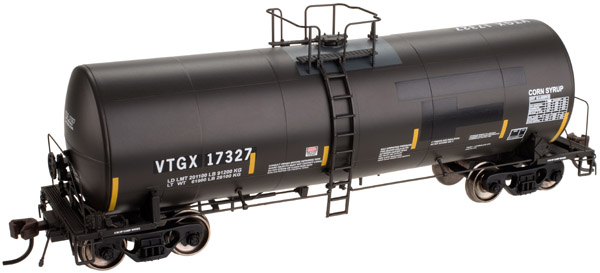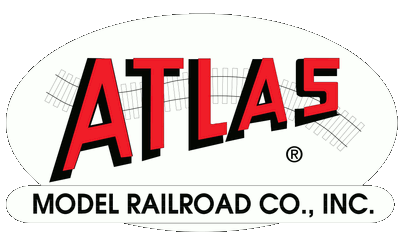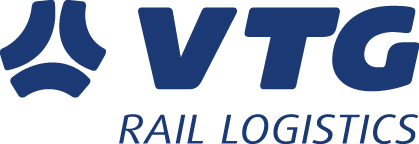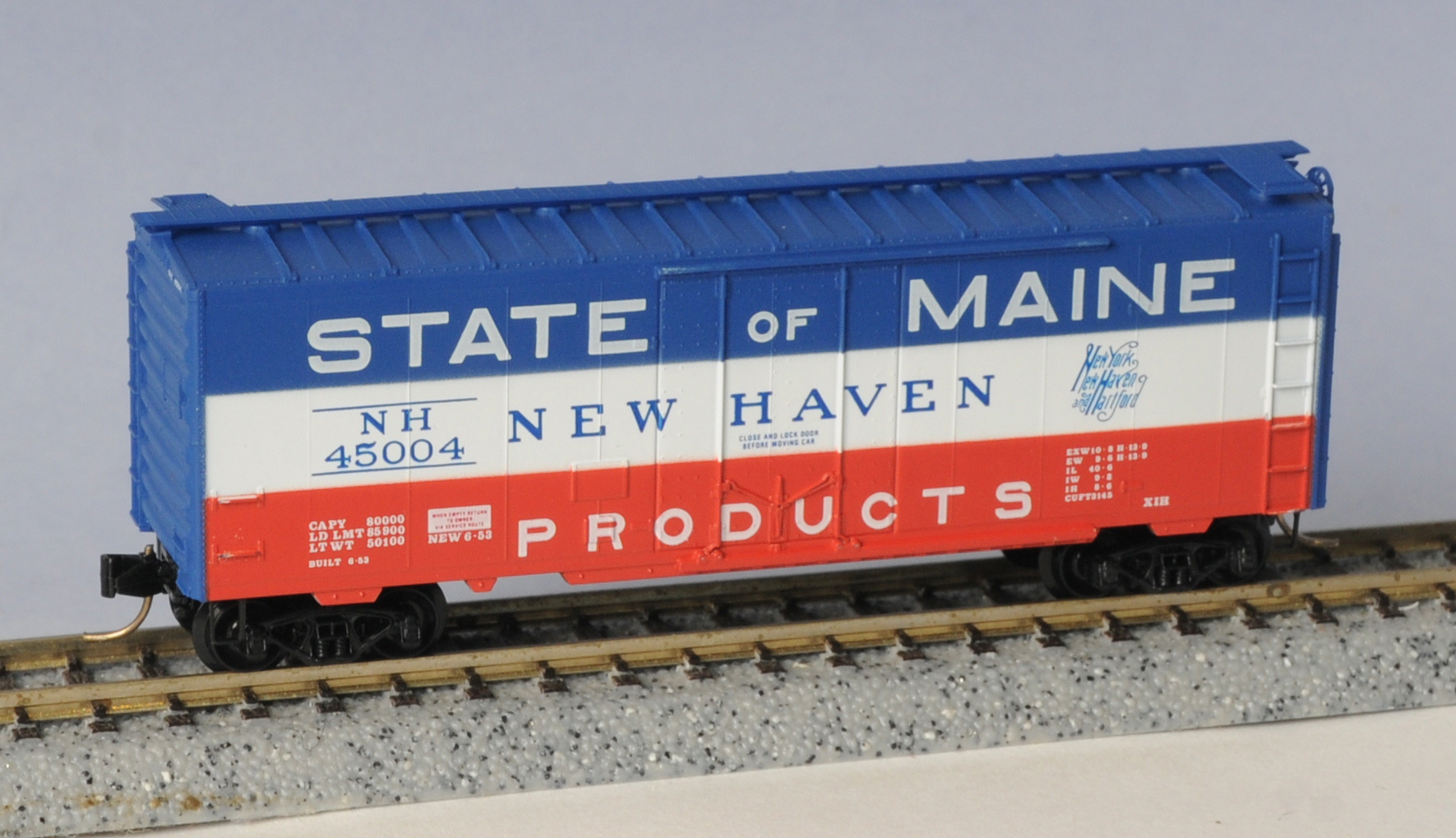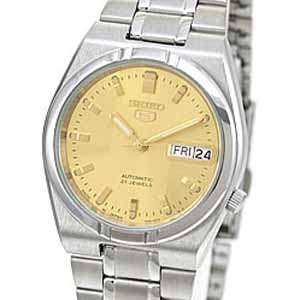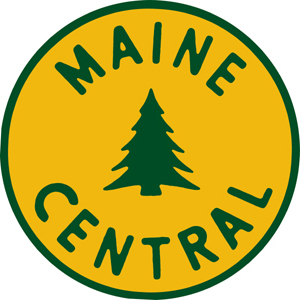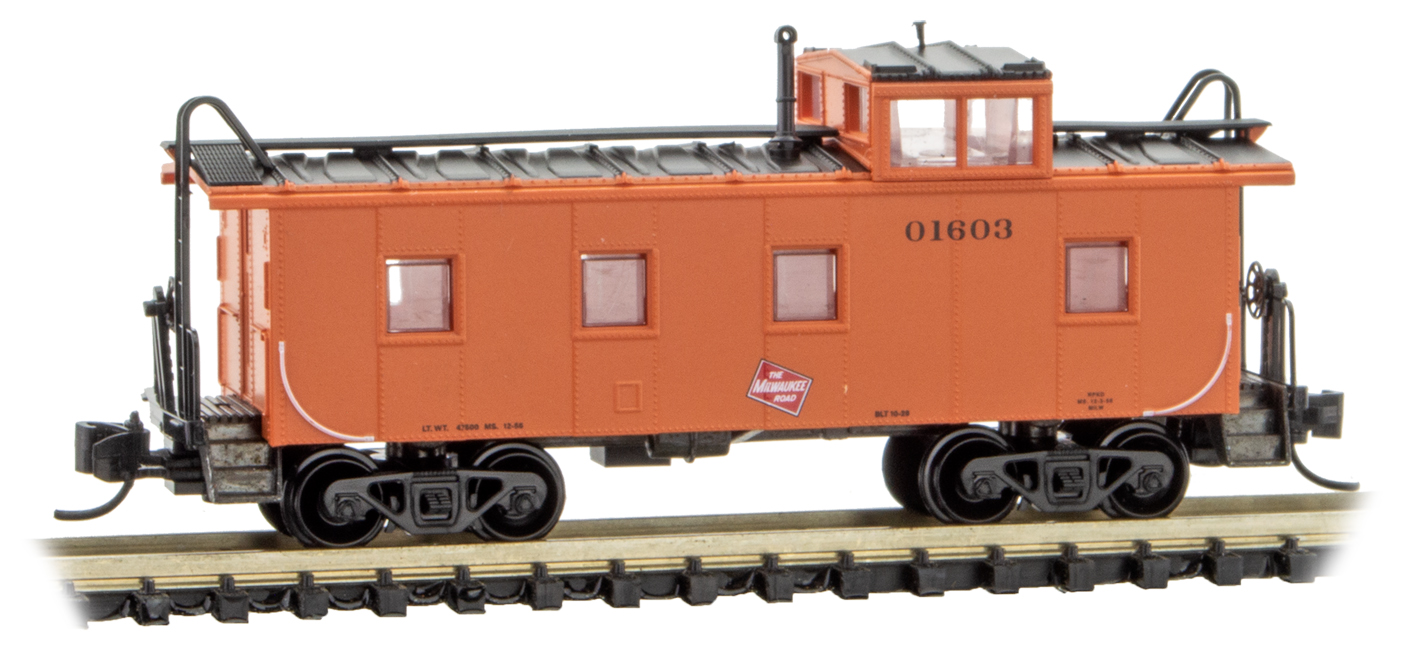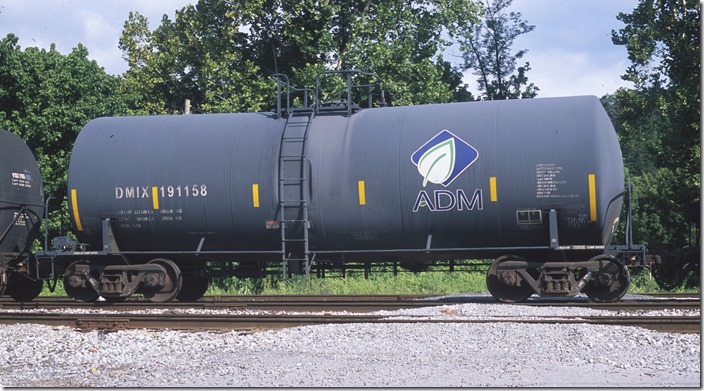Body Style Information: The 17,600 Gallon Corn Syrup Tank Car was built in large numbers by Trinity Industries between 1984 and 1998. They are commonly used in the transport of corn syrup, liquid sugar and molasses from processing facilities to bulk distribution centers. Over 7,000 cars were built and most remain in active service today.
Features: Three separate styles of manway / platform / ladder arrangements (used as appropriate per road name) Fine scale railings Separately applied brake rigging Separately applied manway “clamshell”-style cover (used when appropriate per road name) 100-Ton Roller Bearing Trucks Accurate painting and printing Full stand-alone brake system details Bottom outlet valve detail Stand-alone heater coil pipes Highly detailed body with prototypical jacket seams See-through top platform grating AccuMate® couplers
Features: Three separate styles of manway / platform / ladder arrangements (used as appropriate per road name) Fine scale railings Separately applied brake rigging Separately applied manway “clamshell”-style cover (used when appropriate per road name) 100-Ton Roller Bearing Trucks Accurate painting and printing Full stand-alone brake system details Bottom outlet valve detail Stand-alone heater coil pipes Highly detailed body with prototypical jacket seams See-through top platform grating AccuMate® couplers
Prototype Information: The 17,600 Gallon Corn Syrup Tank Car was built in large numbers by Trinity Industries between 1984 and 1998. They are commonly used in the transport of corn syrup, liquid sugar and molasses from processing facilities to bulk distribution centers. Over 7,000 cars were built and most remain in active service today.
The cars followed a common bent-barrel tank design that helps the product drain and unload easier. These cars are jacketed and insulated, and have exterior coil pipes to heat the commodity to promote faster unloading. Midland food-grade butterfly unload valves and Midland exterior spring safety valves were common appliances used on these cars. The biggest variation in the car production was in the manway / top platform arrangement. Several arrangements were specified by large shippers; for example ADM, Cargill, Corn Products, GATX, MCP, and Staley to name a few.
These tank cars are commonly used to transport varying grades of Corn Syrup, Liquid Sugar, and Molasses from processing facilities to bulk distribution centers and other end-users throughout the US and Canada. They are a very common sight on today's railroads, and they have been for two decades. This initial release features three of the most common manway/top platform arrangements as specified by ADM, Cargill, and Corn Products (among others).
The cars followed a common bent-barrel tank design that helps the product drain and unload easier. These cars are jacketed and insulated, and have exterior coil pipes to heat the commodity to promote faster unloading. Midland food-grade butterfly unload valves and Midland exterior spring safety valves were common appliances used on these cars. The biggest variation in the car production was in the manway / top platform arrangement. Several arrangements were specified by large shippers; for example ADM, Cargill, Corn Products, GATX, MCP, and Staley to name a few.
These tank cars are commonly used to transport varying grades of Corn Syrup, Liquid Sugar, and Molasses from processing facilities to bulk distribution centers and other end-users throughout the US and Canada. They are a very common sight on today's railroads, and they have been for two decades. This initial release features three of the most common manway/top platform arrangements as specified by ADM, Cargill, and Corn Products (among others).
Road/Company Information: Headquartered in Hamburg, VTG Aktiengesellschaft (VTG AG) is a publicly traded and leading international wagon hire and rail logistics company with around 80,000 railcars on its books at the current time – the biggest privately owned fleet in Europe. Customers benefit from close ties between VTG's three divisions: Railcar, Rail Logistics and Tank Container Logistics. This collaboration creates a powerful, results-driven platform for international freight transportation – a platform that delivers custom-tailored logistical solutions and possesses a wealth of expertise in the transportation of liquids and hazardous goods, where safety is of the essence.
The Group's wagon hire, wagon manufacturing and maintenance activities are complemented by a separate sales organization. In addition, VTG AG, its subsidiaries and its affiliates draw on the resources of various pool systems, as well as offering to manage external wagon fleets. Our tank containers comply with all relevant statutory norms, prescriptions and material requirements and are deployed for transportation by road, rail and sea. Our customers expect industry-specific solutions that reflect the quality and effectiveness of a true global player. Which is exactly what they get from VTG, every time.
A large number of respected companies across a broad spectrum of industries – chemicals, petroleum, automotive engineering and suppliers, the paper industry, you name it – take advantage of our services, concepts and products. VTG AG is an established player in the German and international transportation market. Its shares are traded on the Prime Standard segment of the Frankfurt Stock Exchange and quoted in the SDAX small cap index.
The Group's wagon hire, wagon manufacturing and maintenance activities are complemented by a separate sales organization. In addition, VTG AG, its subsidiaries and its affiliates draw on the resources of various pool systems, as well as offering to manage external wagon fleets. Our tank containers comply with all relevant statutory norms, prescriptions and material requirements and are deployed for transportation by road, rail and sea. Our customers expect industry-specific solutions that reflect the quality and effectiveness of a true global player. Which is exactly what they get from VTG, every time.
A large number of respected companies across a broad spectrum of industries – chemicals, petroleum, automotive engineering and suppliers, the paper industry, you name it – take advantage of our services, concepts and products. VTG AG is an established player in the German and international transportation market. Its shares are traded on the Prime Standard segment of the Frankfurt Stock Exchange and quoted in the SDAX small cap index.
Brand/Importer Information: In 1924 Stephan Schaffan, Sr. founded the Atlas Tool Company in Newark, New Jersey. In 1933 his son, Stephan Schaffan, Jr., came to work for his father at the age of sixteen. Steve Jr. built model airplanes as a hobby and frequented a local hobby shop. Being an enterprising young man, he would often ask the owner if there was anything he could do to earn some extra spending money. Tired of listening to his requests, the hobby-store owner threw some model railroad track parts his way and said, "Here, see if you can improve on this".
Atlas has made a ton of wonderful products throughout the years and we often get questions one whether we have run a certain road name on a particular model. It should be noted that Atlas locomotives and rolling stock are greatly appreciated for their superior operating and running characteristics. Atlas products are also well known for their outstanding collectability not only due to their superior prototypical workmanship, details and decoration, but because there are relatively so few of them made. Each and every production run has been carefully built to market demand, meaning almost every piece in any given run is sold out by Atlas on arrival or shortly thereafter, thus creating a built in collectors market.
Atlas has made a ton of wonderful products throughout the years and we often get questions one whether we have run a certain road name on a particular model. It should be noted that Atlas locomotives and rolling stock are greatly appreciated for their superior operating and running characteristics. Atlas products are also well known for their outstanding collectability not only due to their superior prototypical workmanship, details and decoration, but because there are relatively so few of them made. Each and every production run has been carefully built to market demand, meaning almost every piece in any given run is sold out by Atlas on arrival or shortly thereafter, thus creating a built in collectors market.
Item created by: devsummers428 on 2020-05-30 11:44:44. Last edited by devsummers428 on 2020-05-30 11:44:45
If you see errors or missing data in this entry, please feel free to log in and edit it. Anyone with a Gmail account can log in instantly.
If you see errors or missing data in this entry, please feel free to log in and edit it. Anyone with a Gmail account can log in instantly.


